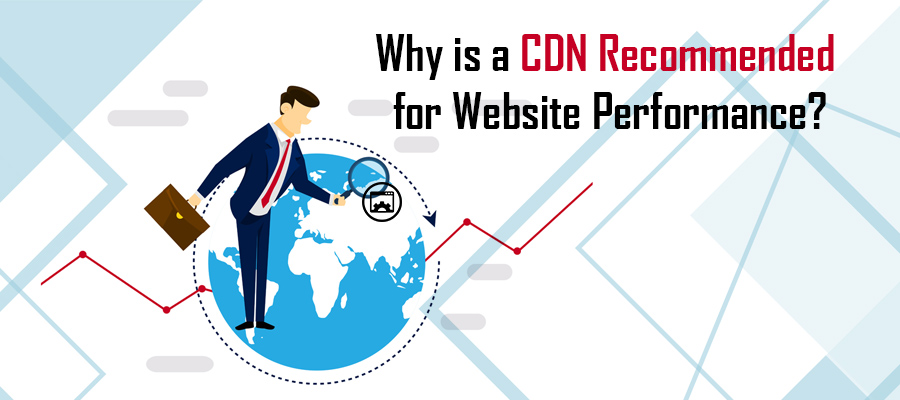 Regardless of the purpose of your website, if you’ve spent any time researching performance enhancing techniques, then you’ve likely come across CDN, or Content Delivery Network. If you’ve never heard of this unique technical system, then get ready for your entire concept of server-based performance to be turn upside down because of the top benefits of using a CDN for website performance.
Regardless of the purpose of your website, if you’ve spent any time researching performance enhancing techniques, then you’ve likely come across CDN, or Content Delivery Network. If you’ve never heard of this unique technical system, then get ready for your entire concept of server-based performance to be turn upside down because of the top benefits of using a CDN for website performance.
Essentially, a CDN is a network of geographically separated servers capable of storing your website. So, why is this important? Well, in order to understand why you should use a CDN, it’s important to understand exactly what this system does.
What is a CDN?
Before diving into why you should have a CDN, let’s take a few moments and explore what this unique system actually does. Whenever a user accesses your website, their browser must connect with your website server. In essence, the further apart the user and server, the slower the response time.
For example, your user is located in Maine while your server is located in Arkansas. This is quite a long distance for data to travel. However, if you sign up with a CDN that has a server located in New Hampshire, when the end-user accesses your website, they aren’t connected to the Arkansas server, but rather, from the New Hampshire server, which has a copy of your website waiting to be accessed. As you can imagine, this reduces the distance data must travel, which results in a much faster experience.
The Top Benefits of Using a CDN
While there are literally dozens of reasons why a CDN is recommended, let’s breakdown the most advantageous benefits of utilizing the power of a Content Delivery Network:
- Different Domain Hosting – If you have files stored in different domains, such as a domain for your images, videos and content, then the user browser must download each file from each domain. This can be time-consuming. However, with a CDN, up to four different files from four different domains can be downloaded into the end-user browser at a single time.
- Pre-Cached Files – jQuery is used throughout the Internet. Because your files can be pre-cached with a CDN, it’s likely that you’ve had a user already visit a site that’s connected to the Google CDN, which means, the file is already stored in their browser and they can have instant access.
- In-Depth Analytics – In many cases, a commercial CDN provides usage reports as your site is accessed. You can use these reports to collect additional analytics regarding your site usage and performance. As the saying goes, knowledge is power.
- Dynamic Performance Boost – As we discussed above, the most popular reason why CDN’s are recommended is to dramatically enhance end-user experiences with swift and speedy performance. While this may not be necessary if your’e primarily targeting a local market, if you’re seeking a national, or global, audience, then a CDN is absolutely necessary. Not only will this boost user experiences, but Google will notice the increased performance and reward this effort with a boost in page ranking.


